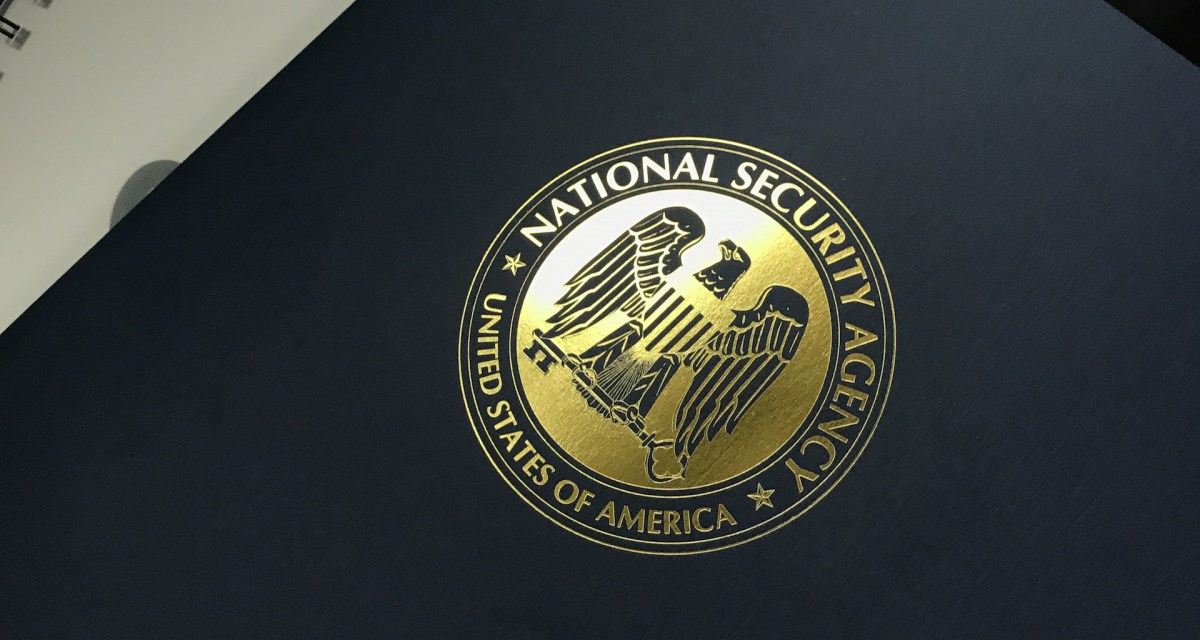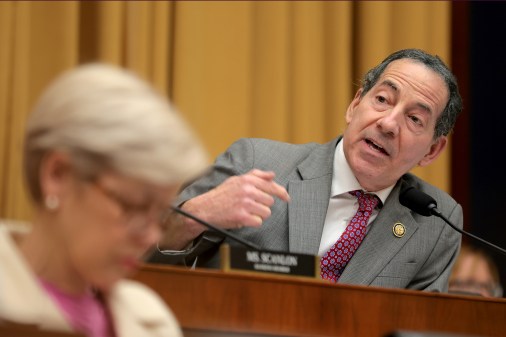NSA unmasked more U.S. entities caught in foreign cyber-espionage efforts last year

The National Security Agency named the identities of Americans and U.S entities swept up in its foreign surveillance program approximately 75 percent more often last year than the year before, according to a new NSA transparency report.
In reports to other federal agencies, the NSA provided the identities of 16,721 individuals or entities to agencies upon request last year, whereas in 2017 it unmasked 9,529.
The year-over-year uptick comes as part of an effort to identify the victims of cyberattacks stemming from foreign intelligence agencies, said Alex Joel, chief of the Office of the Director of National Intelligence’s civil liberties, privacy, and transparency office, according to The Wall Street Journal.
Although Director of National Intelligence Dan Coats has publicly warned Congress about an increase in malicious cyber activity from countries like China and Russia, Joel told CyberScoop it remains unclear if the spike in unmasking is directly related to a jump in foreign espionage.
“I don’t know whether there’s a direct relationship between the increased cyber activity we’ve publicly spoken about, and the statistics in this report,” he said.
Federal agencies that receive NSA’s classified reports may request unmasking of U.S. persons or entities when they believe knowing that information will aid in understanding or assessing the importance of foreign intelligence. The identities that may be revealed can include those of U.S. citizens, permanent residents, or corporations, and can reveal names, emails, and IP addresses, according to the ODNI. That means individual people or entities may be unmasked more than once.
The collection of unmasked U.S. identities detailed in the report were collected through programs authorized under Section 702 of the Foreign Intelligence Surveillance Act. U.S. citizens’ information typically is caught in these programs when they are engaging in communications the NSA is monitoring overseas to obtain foreign intelligence information.
The transparency report detailing the spike in unmasking of U.S. entities comes just as Congress is gearing up to debate whether to renew other programs, such as Section 215 of the Patriot Act, which allow for bulk communications data collection and are set to expire in December. Section 702, which is not up for renewal, was just reauthorized until 2023.
Sen. Ron Wyden said in a statement he thinks Tuesday’s report shows “how much the American public still doesn’t know about how sprawling surveillance authorities are being used by the federal government.”
Privacy and civil liberties advocates have been galvanized in recent months in their calls to end intelligence programs that can lead to the warrantless surveillance of U.S. entities. Earlier this year a Republican aide said the call detail record program had been halted a little over six months ago, which gave privacy advocates fodder to question whether the programs are relevant for the NSA anymore.
Both ends of Pennsylvania Avenue are paying attention; the White House has signaled it may be calling on Congress to permanently renew Section 215, according to The Washington Post. The White House did not immediately return a request for comment on the matter.





